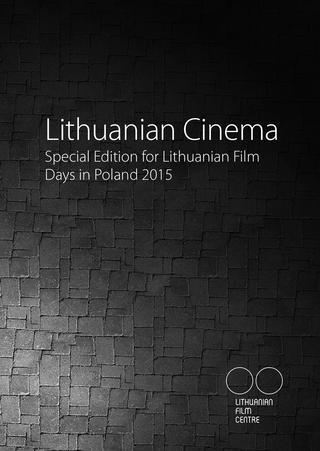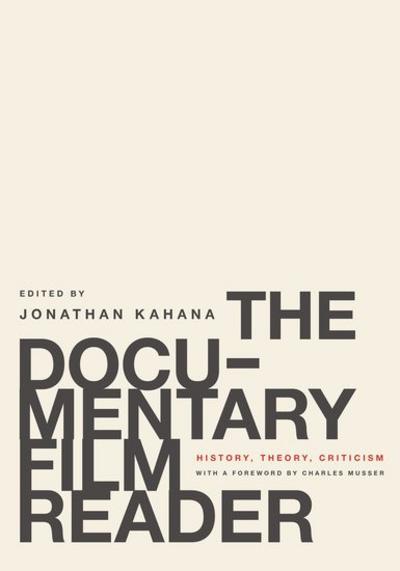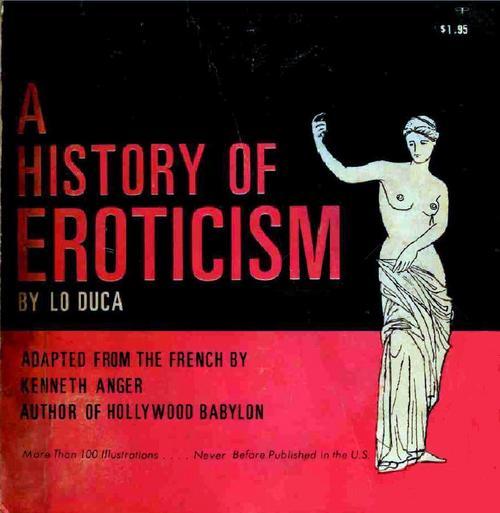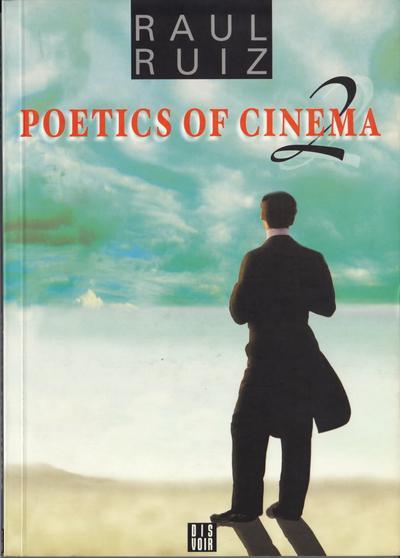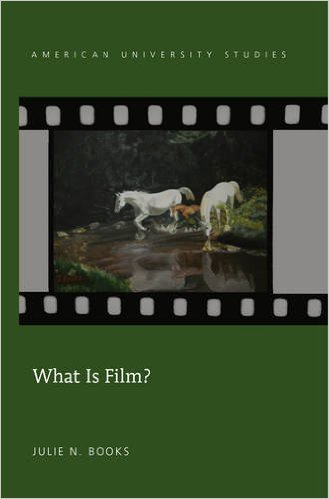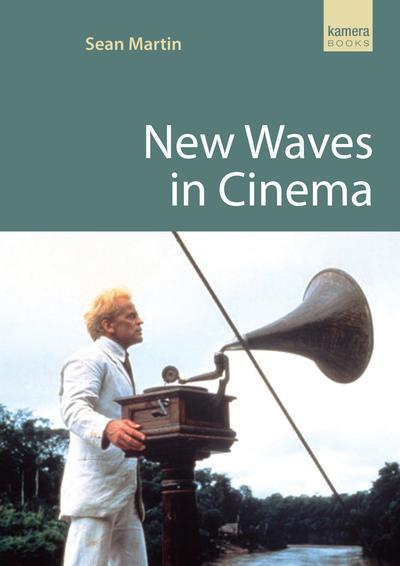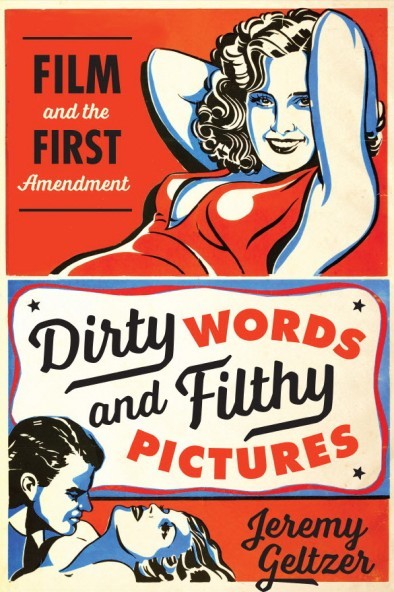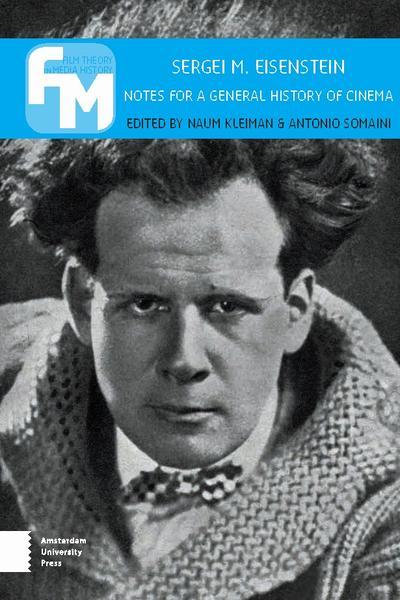Review
‘A vivid series of insights into the little-known world of Muslim Asian cinemas, where issues of gender and religion come harshly together, where women’s lives and sufferings are a constant focus for male directors, but where – outside Iran – there is next to no scope for women directors to express their views. This excellent book – lucidly written, and based on close firsthand experience – is highly recommended to all who want to understand the realities of world cinema.’ Roy Armes, Emeritus Professor of Film, Middlesex University, LondonRead More »
Books
-
Gönül Dönmez-Colin – Women, Islam and Cinema (2004)
2001-2010BooksCanadaGönül Dönmez-Colin -
Various – Lithuanian Cinema (2015)
2011-2020BooksLithuaniaVarious -
Jonathan Kahana – The Documentary Film Reader: History, Theory, Criticism (2016)
2011-2020BooksJonathan KahanaUSAHistory, Theory, Criticism
Edited by Jonathan Kahana and Foreword by Charles MusserProvides the most comprehensive overview of documentary film assembled to date, with over 100 articles on myriad topics
Features a substantial main introduction and section introductions throughout to establish key contexts and important critical issues
Ranges widely across continents, filmmakers, and subgenres, addressing early documentary, avant-garde, propaganda, the essay film, and more
Proposes a fresh canon of films and texts as a starting point for further exploration into the world of nonfiction cinema
Includes foreword from the renowned film historian and filmmaker Charles MusserRead More » -
Joseph-Marie Lo Duca & Kenneth Anger – A History of Eroticism (1966)
1961-1970BooksJoseph-Marie Lo Duca and Kenneth AngerKenneth AngerUSAJoseph-Marie Lo Duca was an Italian-born journalist, novelist, art critic, and film historian best known as the co-founder in 1951 of the influential French magazine Cahiers du Cinéma with André Bazin, Jacques Doniol-Valcroze and Léonide Keigel. Lo Duca was born in Milan, Italy to a family of Sicilian origin. Fascinated from an early age with reading and writing, he published his first novel, La sfera di platino (“The Sphere of Platinum”) in 1927. In 1942, having assembled a wealth of rare documents and objects related to cinema, Lo Duca established the Musée Canudo at the Palais de Chaillot in Paris with the goal of founding the International Museum of Cinema in Rome. The project for the Rome museum, however, did not survive the war. In 1948, he published Le dessin animé (“The Animated Cartoon”) with a preface by Walt Disney. His Histoire du cinéma (1942) was translated into twelve languages while Technique du cinéma (1948) became a noted reference work.Read More »
-
Raoul Ruiz – Poetics of Cinema 2 (2007)
2001-2010BooksFranceRaoul RuizQuote:
“Eleven years separate these lines from the first part of my Poetics of Cinema. Meanwhile the world has changed and cinema with it. Poetics of Cinema, 1 had much of a call to arms about it. What I write today is rather more of a consolatio philosophica. However, let no one be mistaken about this, a healthy pessimism may be better than a suicidal optimism.” Following his research in Poetics of Cinema, 1 on new narrative models as tools for apprehending a fast-shifting world, Ruiz makes an appeal for an entirely new way of filming, writing and conceiving the image. “‘Light, more light,’ were Goethe’s last words as he died. ‘Less light, less light,’ Orson Welles cried repeatedly on a set–the one and only time I saw him. In today’s cinema (and in today’s world) there is too much light. It is time to return to the shadows. So, about turn! And back to the caverns!”Read More » -
Julie N. Books – What is Film? (2016)
2011-2020BooksSwitzerlandIn What Is Film?, Julie N. Books critically evaluates three philosophical doctrines of film realism (transparency, illusionism, and perceptual realism) and defends her view that films are creative works of art. By examining contemporary films, such as computer-animated films and films with computer-generated images, Dr. Books shows how films are creative works of art, thereby undermining the long-held view that films are slavish recordings of reality. This book is ideal for academics and courses on the philosophy of film, film theory, film history, filmmaking, metaphysics, and the philosophy of art.Read More »
-
Sean Martin – New Waves in Cinema (2013)
2011-2020BooksSean MartinUSAThe term New Wave conjures up images of Paris in the early 1960s from the films of French filmmakers Jean-Luc Godard and François Truffaut. The impact of the French New Wave continues to be felt, and its ethos of shooting in real places with nonprofessional actors and small crews would influence filmmakers as diverse as John Cassavetes, Martin Scorsese, and Lars von Trier’s Dogme 95 movement, all of whom sought to challenge the dominance of traditional Hollywood methods of both filmmaking and storytelling. But the French were not the only new wave, and they were not even the first. Sean Martin explores the history of the many New Waves that have appeared throughout film history, including their great forebears the German Expressionists, the Soviet Formalists, and the Italian Neorealists. In addition, Martin looks at the movements traditionally seen as the French New Wave’s contemporaries and heirs, such as the Czech New Wave, the British New Wave, the New German Cinema, the Hollywood Movie Brats, and Brazilian Cinema Novo. The book also covers other new waves, such as those of Greece, Hungary, documentary (Cinema Verité and Direct Cinema), animation, avant-garde, and the so-called No Wave filmmakers. Extensive bibliography, and filmography are included.Read More »
-
Jeremy Geltzer – Dirty Words & Filthy Pictures: Film and the First Amendment (2016)
2011-2020BooksJeremy GeltzerUSADirty Words & Filthy Pictures: Film and the First Amendment
by Jeremy Geltzer
Foreword by Alex Kozinski
Paperback: 384 pages
Publisher: University of Texas Press (January 4, 2016)
Language: English
ISBN-10: 1477307435
ISBN-13: 978-1477307434From the earliest days of cinema, scandalous films such as The Kiss (1896) attracted audiences eager to see provocative images on screen. With controversial content, motion pictures challenged social norms and prevailing laws at the intersection of art and entertainment. Today, the First Amendment protects a wide range of free speech, but this wasn’t always the case. For the first fifty years, movies could be censored and banned by city and state officials charged with protecting the moral fabric of their communities. Once film was embraced under the First Amendment by the Supreme Court’s Miracle decision in 1952, new problems pushed notions of acceptable content even further.Read More »
-
Sergei M. Eisenstein – Sergei M. Eisenstein : Notes for a General History of Cinema (2016)
2011-2020BooksSergei M. EisensteinSergei M. Eisenstein : notes for general history of cinema
Author: Sergei Eisenstein; N I Kleĭman; Antonio Somaini; Margo Shohl Rosen; Brinton Tench Coxe; All authors
Publisher: Amsterdam : Amsterdam University Press, 2016.
Series: Film theory in media history.
Edition/Format: Print book : EnglishGenre/Form: History
Named Person: Sergei Eisenstein; Sergei Eisenstein
Document Type: Book
All Authors / Contributors: Sergei Eisenstein; N I Kleĭman; Antonio Somaini; Margo Shohl Rosen; Brinton Tench Coxe; Natalie RyabchikovaRead More »

